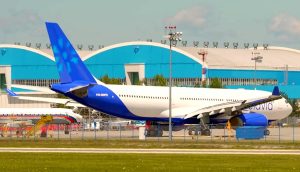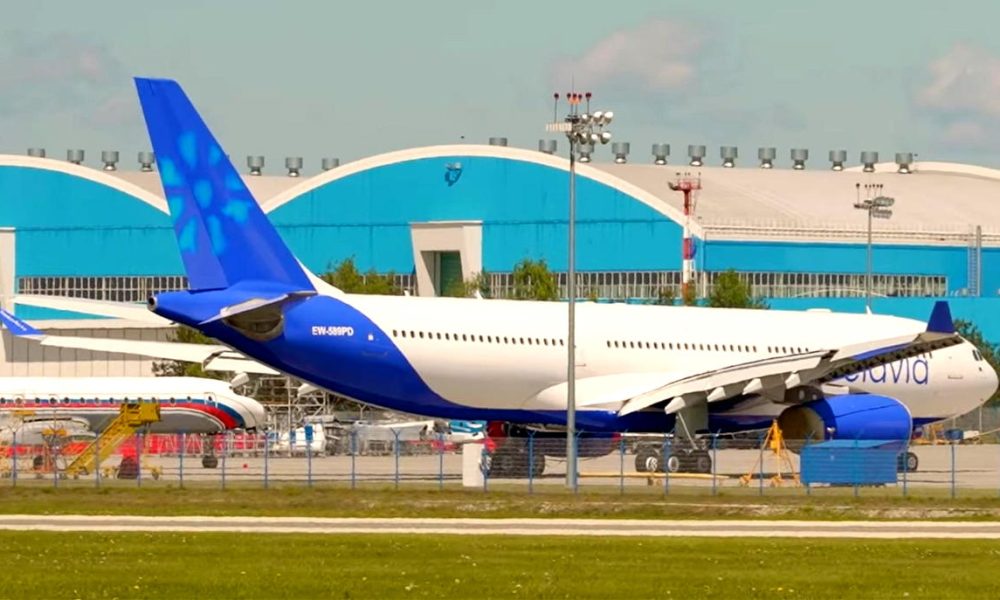A Gambian-registered airline called Magic Air is at the centre of an international aircraft smuggling scheme, according to a report published by the aviation website One Mile At A Time. The report claims that three Airbus A330 jets, now in the hands of Belarus’ national carrier Belavia, passed through Gambia as part of a complex effort to bypass international sanctions.
Belavia, the state airline of Belarus, is under Western sanctions due to the country’s close ties with Russia. Like Russia, Belarus has been restricted from buying new aircraft or spare parts from major manufacturers such as Boeing and Airbus. In recent years, Belavia’s fleet has shrunk as leasing companies pulled out and reclaimed planes.
To replenish its fleet, Belavia turned to a different route—through a small, unknown airline supposedly based in Gambia.
Planes Registered in Gambia, Flown to Belarus
Magic Air, the airline in question, was established by a Jordanian businessman of Syrian origin. He had previously purchased three second-hand Airbus A330s from the bankruptcy sale of Turkish airline Onur Air. These aircraft, which once flew for Emirates, were then registered under Magic Air in Gambia.
However, there is no record of Magic Air ever operating flights. The airline had no known routes, staff, or online presence. Aviation experts believe it existed only on paper to facilitate the transfer of the aircraft.
In August 2024, the Gambia Civil Aviation Authority confirmed that the three aircraft were deregistered and sold to a buyer from the United Arab Emirates. But shortly after, the planes appeared in Minsk, Belarus, where they’ve been undergoing preparations to enter service with Belavia.
Gambia’s Role Under Scrutiny
The use of Gambia’s aviation registry in this transaction has raised concerns. Although there is no indication that Gambian authorities broke any laws, the case suggests that the country’s registry may have been exploited to help sanctioned entities acquire aircraft.
Gambia’s Civil Aviation Authority has not yet issued a public statement on the matter.
If confirmed, the episode could put Gambia under increased scrutiny from international regulators. It could also damage the country’s credibility in global aviation circles, where transparency and compliance with international rules are essential.
A Growing Pattern
This is not the first time that sanctioned countries have used middlemen and small aviation registries to obtain aircraft. Similar methods have been used in the past by airlines in Syria and Iran. According to One Mile At A Time, the same businessman behind Magic Air has helped Syria’s Cham Wings obtain planes despite sanctions.

What Comes Next?
Belavia is expected to begin flying the three Airbus A330-200s in late 2025 and early 2026. The aircraft are reportedly in poor condition and may face maintenance challenges, especially due to restricted access to spare parts.
For Gambia, this case highlights the need for stronger oversight in its aviation sector. While Magic Air is no longer on the country’s register, the international attention around this story could lead to calls for tighter regulation and more transparency in aircraft ownership and transfers.





